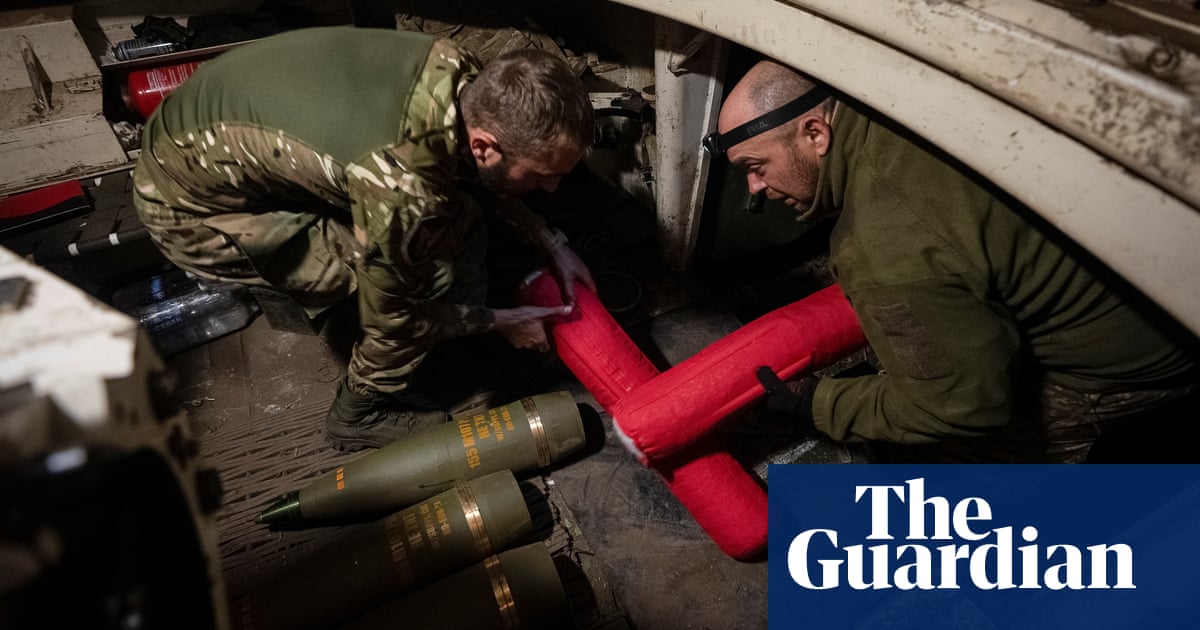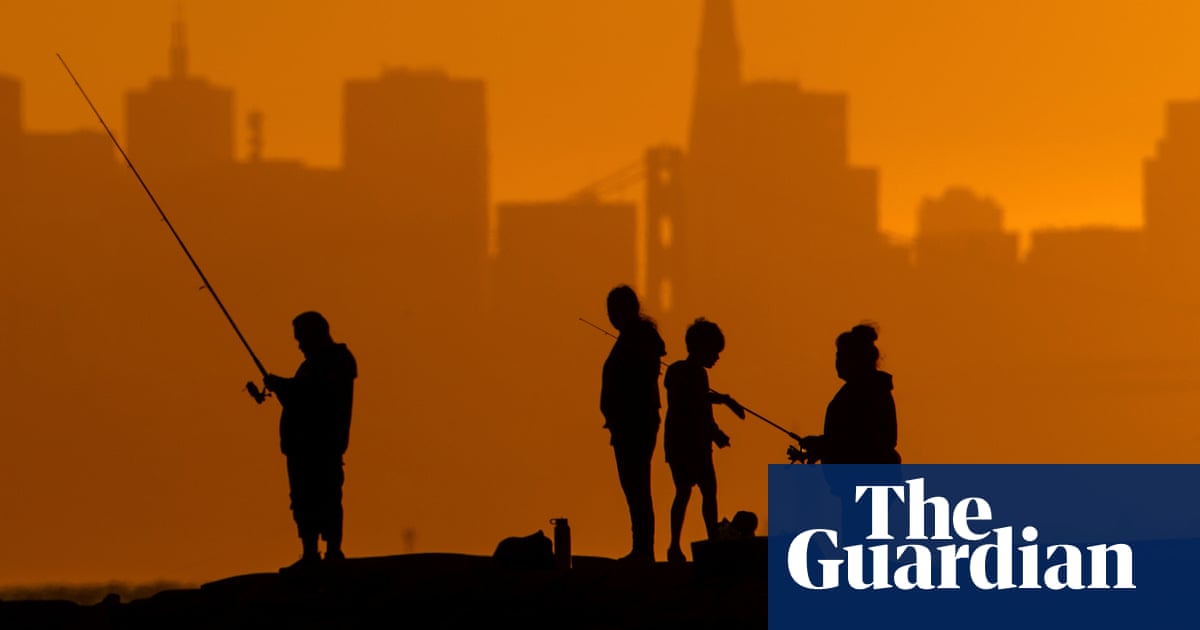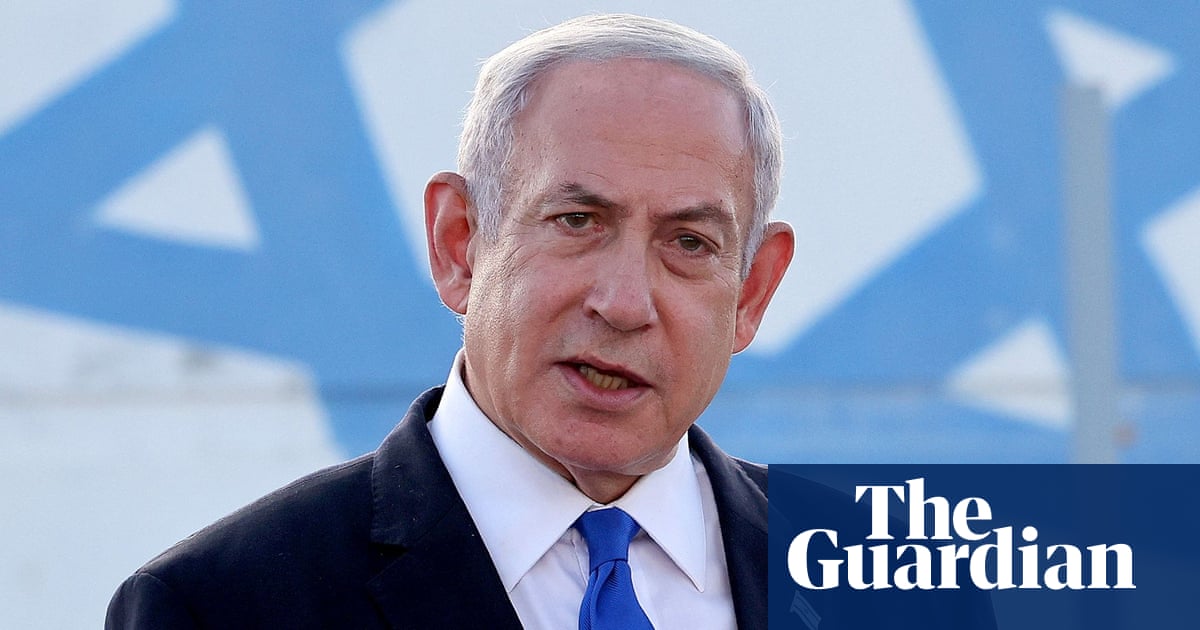Ukrainian soldiers fighting in the Kharkiv region near Vovchansk say the situation is “hotter” than it was around fallen Bakhmut, but now they have the shells to fight back. “It’s 24/7, their infantry keeps coming, we keep fighting their attacks. At least we are trying to. Whenever possible, we take them down,” Pavlo, a gunner of Ukraine’s 92nd Separate Assault brigade operating a howitzer, told Reuters. “We were positioned in the Bakhmut area before, now we have been transferred here. It’s much ‘hotter’ here. We didn’t have shells there. Here, at least we have shells, they started delivering them. We have something to work with, to fight.”
The Ukrainian military says it has destroyed the last Russian warship armed with cruise missiles stationed at the Crimean peninsula. “According to updated information, the Ukrainian defence forces hit a Russian project 22800 Tsiklon missile ship in Sevastopol, on the night of May 19,” the military said. Reuters was not able to independently verify the statements. There was no immediate comment from the Russian side. Russia’s defence ministry on Sunday said Ukrainian forces had attacked Crimea with Atacms missiles.
Russian drones struck energy sites early on Wednesday and knocked out power to some parts of Ukraine’s northern Sumy region, regional officials said. The Sumy regional authority said the drones hit targets in the cities of Shostka and Konotop, north-east of Kyiv and near the Russian border. Emergency services were working to restore electricity. Officials have warned of a possible Russian push into Sumy.
Ukrainian troops are achieving “tangible” results against Russian forces in the Kharkiv region but the frontline situation near the cities of Pokrovsk, Kramatorsk and Kurakhove remains “extremely difficult”, said Ukraine’s president, Volodymyr Zelenskiy. More than 14,000 people have been displaced in recent days from the Kharkiv region, the World Health Organization has said. “Nearly 189,000 more still reside within 25km of the border with the Russian Federation, facing significant risks due to the ongoing fighting,” said Jarno Habicht, the WHO’s representative in Ukraine.
EU countries have formally adopted a plan to fund Ukraine’s defence using profits from $300bn in Russian central bank assets frozen in the EU. Under the agreement, 90% of the proceeds will go into an EU-run fund for military aid for Ukraine against Russia’s invasion, with the other 10% going to support the Ukrainians in other ways. The EU expects the assets to yield about €15bn-€20bn in profits by 2027. Ukraine is expected to receive the first tranche in July, EU diplomats have said.
Ukraine’s foreign minister, Dmytro Kuleba, thanked the EU for the decision but reiterated Ukraine’s goal of seizing the assets themselves, not just the interest. The US treasury secretary, Janet Yellen, is meanwhile pushing fellow G7 nations this week to agree a plan to use Russian assets frozen abroad to back a larger loan to help Ukraine. Yellen has said it could be worth up to $50bn to Ukraine.
Russian forces have started military drills near Ukraine simulating the use of tactical nuclear weapons, Pjotr Sauer reports. Vladimir Putin ordered the drills after the French president, Emmanuel Macron, floated the possibility of sending European troops into Ukraine, and the UK foreign secretary, David Cameron, said Ukraine had the right to use weapons supplied by Britain to target sites in Russia.
The former commander of Russia’s 58th army, Ivan Popov, was arrested on suspicion of “large scale fraud”, state-run Tass news agency reported. Popov, military call sign “Spartacus”, commanded Russian units in southern Ukraine. He criticised his superiors about the deaths of Russian soldiers.
More than 3,000 Ukrainian inmates have applied to join the military under a new law. “We predicted this before the adoption of this law,” said Olena Vysotska, deputy minister of justice, adding that more had expressed interest and 20,000 had been identified as eligible. Only prisoners with less than three years to serve can apply. Prisoners not eligible include those found guilty of sexual violence, killing two or more people, serious corruption and former high-ranking officials.
Tens of thousands of Russians who fled to Turkey after Moscow’s invasion of Ukraine have moved on to other countries, squeezed by residency issues and soaring costs, Reuters has reported. This month, the number of Russians with Turkish resident permits fell to 96,000, down by more than a third from 154,000 at the end of 2022, official data showed. Many who left Turkey headed to Serbia and Montenegro, Reuters said.



